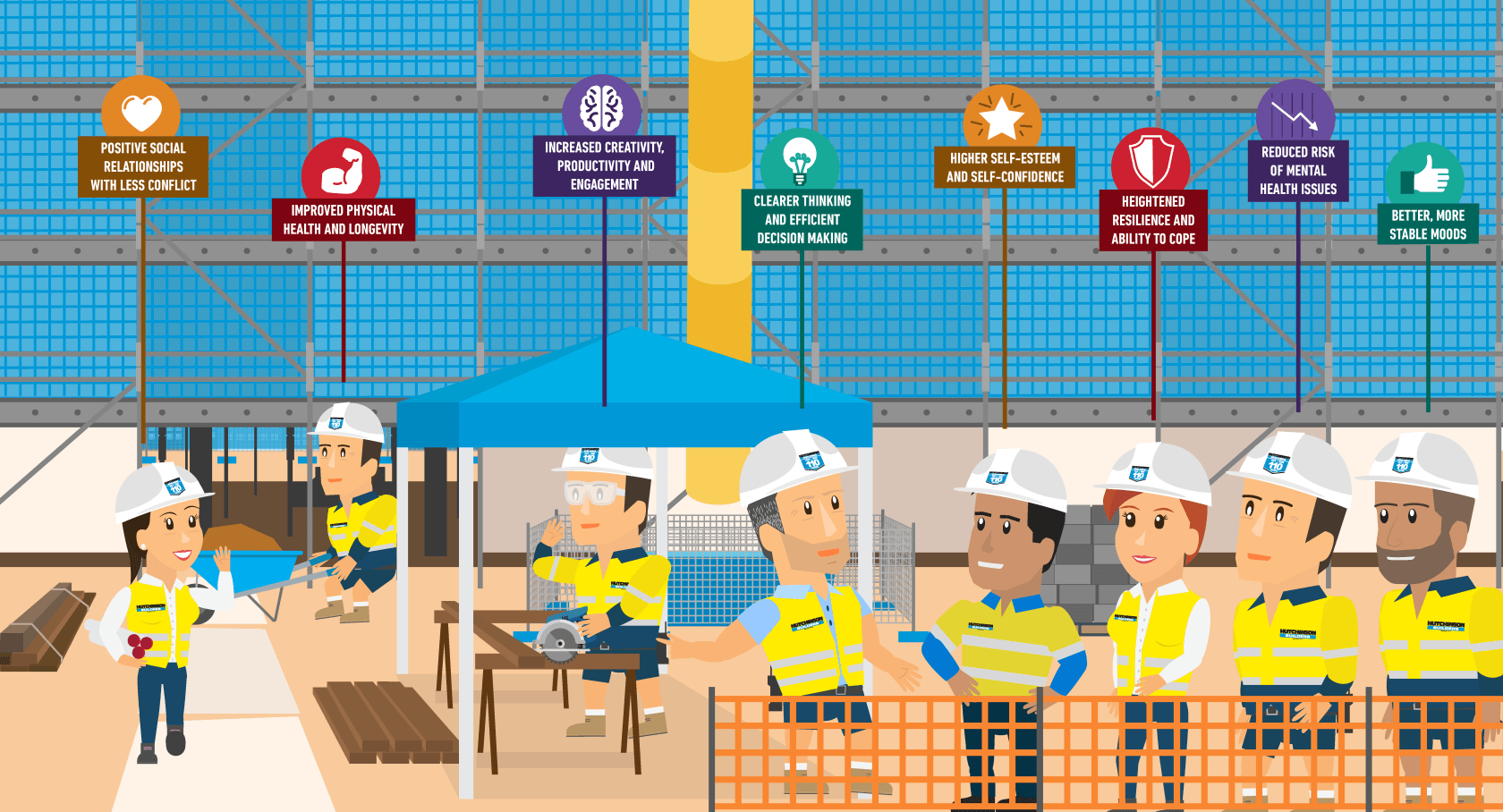Updated 18 November 2020
As of 30 October 2020, Greg Quinn announced revised travel restrictions applicable to all Hutchies' people travelling interstate to major metropolitan areas. See the Toolbox announcement for more info.
States and Territories can apply their own restrictions, including closing their state borders and additional quarantine requirements. Below is a list detailing restrictions in place in each as well as links to the relevant government website for more information.
Australian Capital Territory (ACT)
Borders closed to:
- VIC
Only ACT residents and exempt travellers can travel from Victoria and they must quarantine. All non-essential travel to and from SA is discouraged, with public health teams meeting inbound flights from SA at Canberra Airport. The border is open to other states.
New South Wales (NSW)
Borders closed to:
- VIC
The Victorian border is closed until November 23, with a permit scheme in place for border residents and those in transit. NSW residents heading home from Victoria must fly to Sydney and quarantine. The border is open to other states, but NSW residents are urged to delay non-essential travel to SA.
Northern Territory (NT)
Borders closed to:
- Greater Melbourne
- Greater Adelaide
Interstate travellers can enter without quarantine from all but Greater Melbourne and greater Adelaide, which are classified COVID hotspots. Arrivals who have been in a hotspot in the previous 14 days face supervised quarantine, at a cost of $2500. All travellers must complete a border entry form.
Queensland (QLD)
Borders closed to:
- VIC
- Greater Adelaide and some areas of SA
- Greater Sydney
The border is closed to Victoria and Greater Sydney, but is open to other parts of NSW. Queenslanders can travel to areas outside of the 32 LGAs of Greater Sydney. The border is also closed to 20 LGAs in SA, including Adelaide. All travellers need to apply for a Queensland Border Declaration Pass.
South Australia (SA)
Borders closed to:
- VIC (some border communities exempt but testing required)
The state is in strict lockdown as of midnight, November 18. The border with Victoria is formally closed until December 1, but chief health officer Nicola Spurrier has urged “very limited movement between states”, and other states have imposed restrictions on SA.
Tasmania (TAS)
Borders closed to:
- VIC
- SA
Travellers from low-risk areas – NSW, QLD, ACT, WA, NT and NZ – can register with Tas e-Travel and need not quarantine. Victoria and SA are classified medium risk. Visitors need a G2G PASS and must quarantine.
Victoria (VIC)
Borders are open.
Victoria's borders are open, but South Australians have been urged to cancel non-essential travel to the state. Screening measures at Melbourne airport for SA passengers may require some to quarantine. Other states’ rules impact travel from Victoria to other parts of Australia.
Western Australia (WA)
The border is closed to SA. Travellers from NT, QLD, ACT, and TAS can enter without quarantine having completed a mandatory G2G PASS registration and declaration process. Travellers from NSW and VIC must quarantine for 14 days with a COVID-19 test on Day 11.
Regarding Hotspots
Hutchies has developed a new interactive hotspot map showing affected areas to make it easier.
A number of States and Territories have now imposed strict mandatory quarantine requirements (or advice) specifically on travellers from Victoria and New South Wales. Other States and Territories have extended or placed on hold easing of border restrictions in light of the situation in Victoria and New South Wales. Contact Tabi Ward should you have any questions regarding travel to and from hotspot areas as different restrictions apply.
Travelling interstate for work is considered essential in most states and territories (except QLD), however you will likely need to apply for a border pass or exemption depending on the location. If you plan to travel across borders, speak to your Team Leader about it first.
All travel bookings are being monitored to ensure each traveller is made aware of restrictions and this will remain in place until all restrictions are lifted.
Please contact Tabi Ward for assistance with exemption letters, border passes and other information regarding travel.

